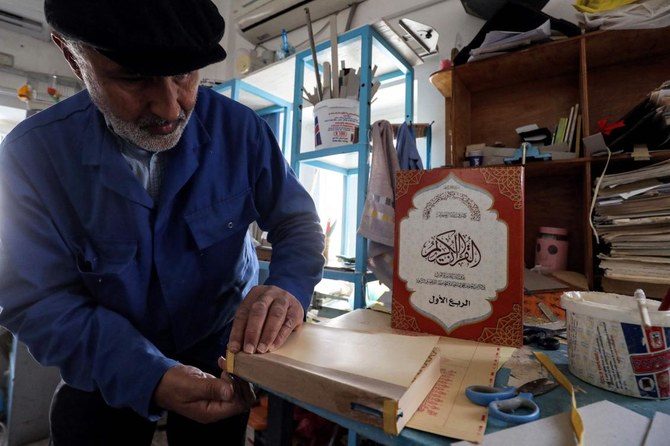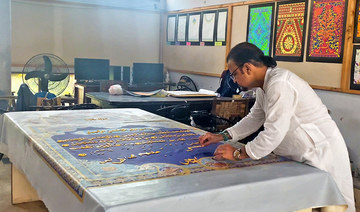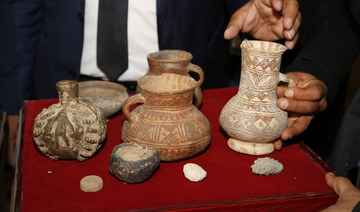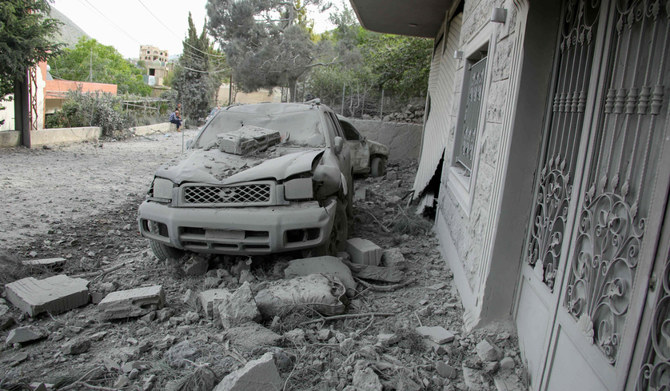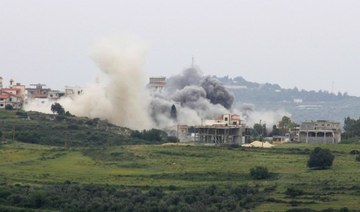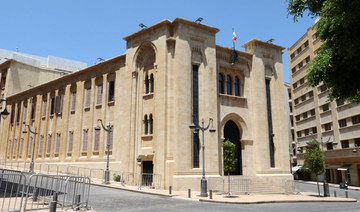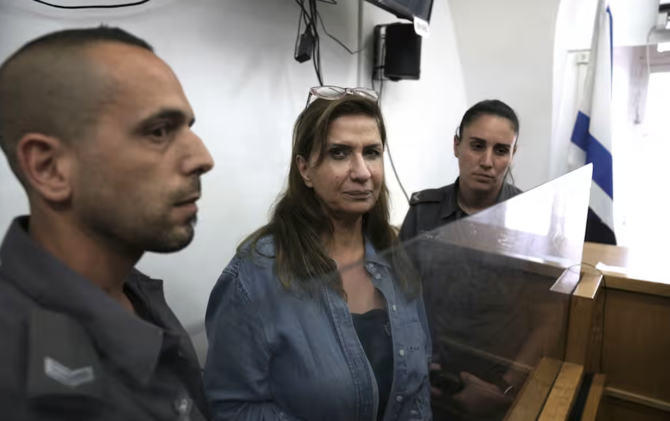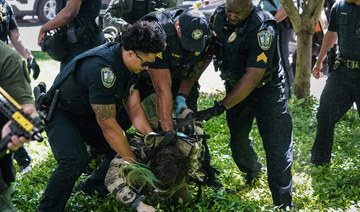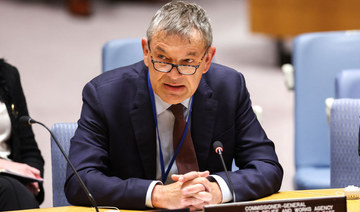TRIPOLI: With the arrival of the Muslim holy month of Ramadan in war-scarred Libya, a group of volunteers work around the clock to restore old or damaged copies of the Qur'an.
Khaled Al-Drebi, one of Libya’s best-known restorers of Islam’s holy book, is among the artisans who arrive at a Tripoli workshop daily to meet the needs of the influx of customers during Ramadan.
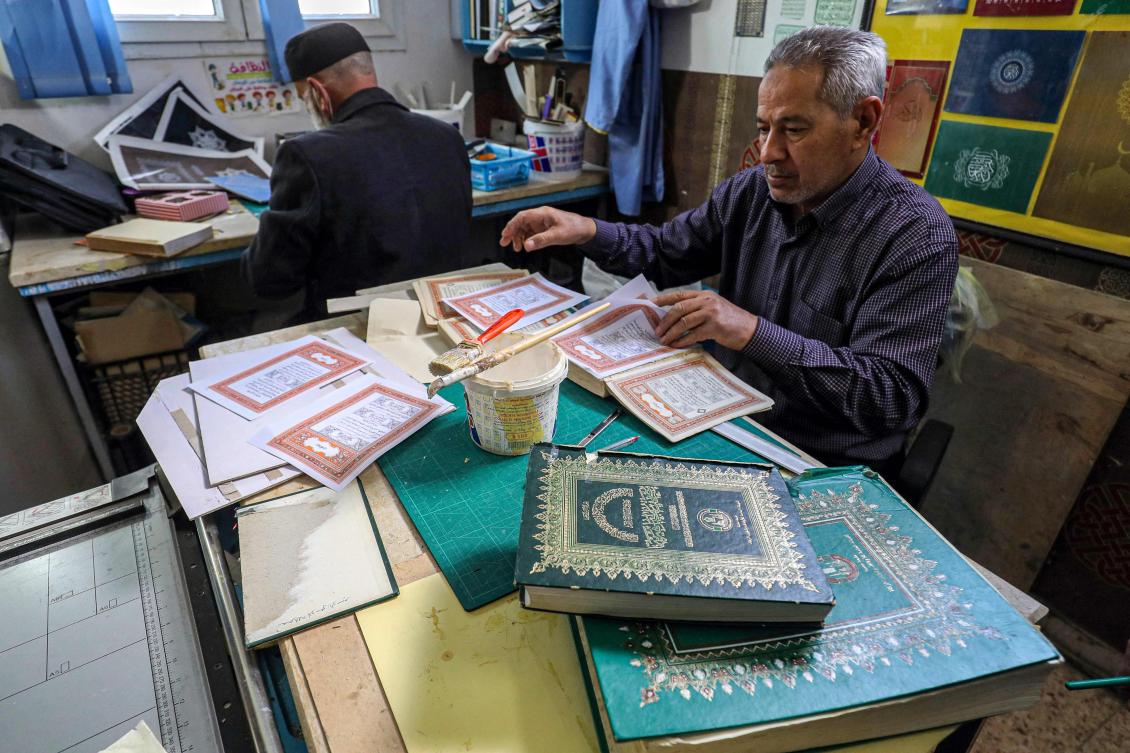
Libyan restorer of the Holy Qur’an Khaled Al-Drebi (R), assembles pages together to be glued into a volume during a workshop on the restoration of copies of Islam’s holy book, in Tripoli on March 22, 2022. (AFP)
For Muslims, Ramadan is a month of spirituality, where a daily dawn-to-dusk fast is accompanied with prayer and acts of charity — often translating into a surge in sales of Qur'ans.
“The purchase of new Qur'ans traditionally increases before the month of Ramadan, but this has recently changed in Libya,” Drebi told AFP.
For many, tradition has been interrupted by an increase in the cost of Qur'ans, especially “since the state stopped printing” them in Libya, he added.
The North African nation has endured more than a decade of conflict, leaving many of its institutions in disarray and dealing a major blow to the oil-rich country’s economy.
“The cost of buying (Qur'ans) has increased, and so the turnout for restoring old Qur'ans has gained unprecedented popularity,” Drebi said.
Compared to the cost of a new Qur'an — at more than $20 depending on the binding — Drebi’s workshop charges just a few dollars to restore one.
But cost is not the only factor — for many, the older copies also have a sentimental value.
“There is a spiritual connection for some customers,” Drebi said, adding that many choose to preserve Qur'ans passed on from relatives. “Some say this Qur'an has the smell of my grandfather or parents.”
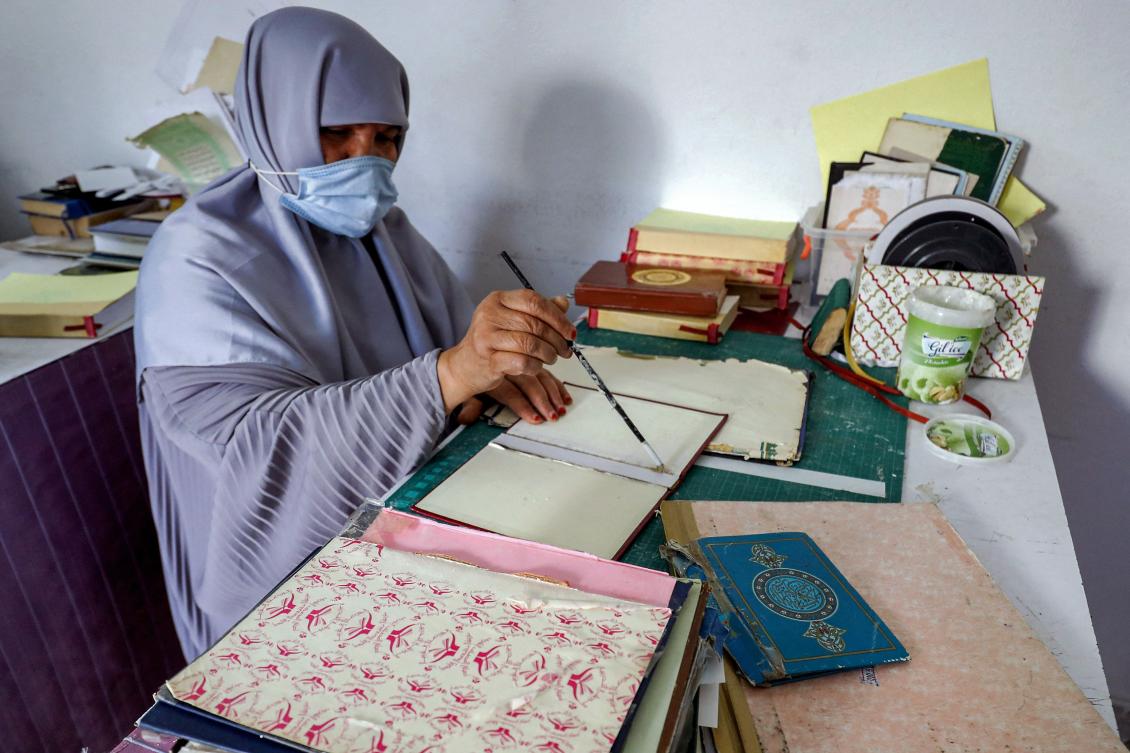
A woman places glue with a brush on the hardcover binding for a volume of the Holy Qur'an, Islam’s holy book, during a workshop on the restoration of its copies in Tripoli on March 22, 2022. (AFP)
At the back of the room, Abdel Razzaq Al-Aroussi works on sorting through thousands of Qur'ans based on their level of deterioration.
“The restoration of Qur'ans with limited damage takes no more than an hour, but for those that are very damaged, they could require two or more hours,” Aroussi said.
They “must be undone, restored and then bound,” he said — a meticulous process that requires a great deal of “time and concentration.”
Mabrouk Al-Amin, a supervisor at the workshop, said the restoration process “requires a good number of artisans.”
“Working with the book of God is very enjoyable and we don’t get bored... there is an indescribable joy in this work,” he said.
Restorers say they have repaired a staggering half a million Qur'ans since the workshop opened in 2008, and more than 1,500 trainees have graduated from 150 restoration workshops.
In recent years, more and more women have been joining the ranks of the volunteer restorers.
“A large number of women were trained on restoring the holy Qur'an and today they have their own workshops,” Drebi said.
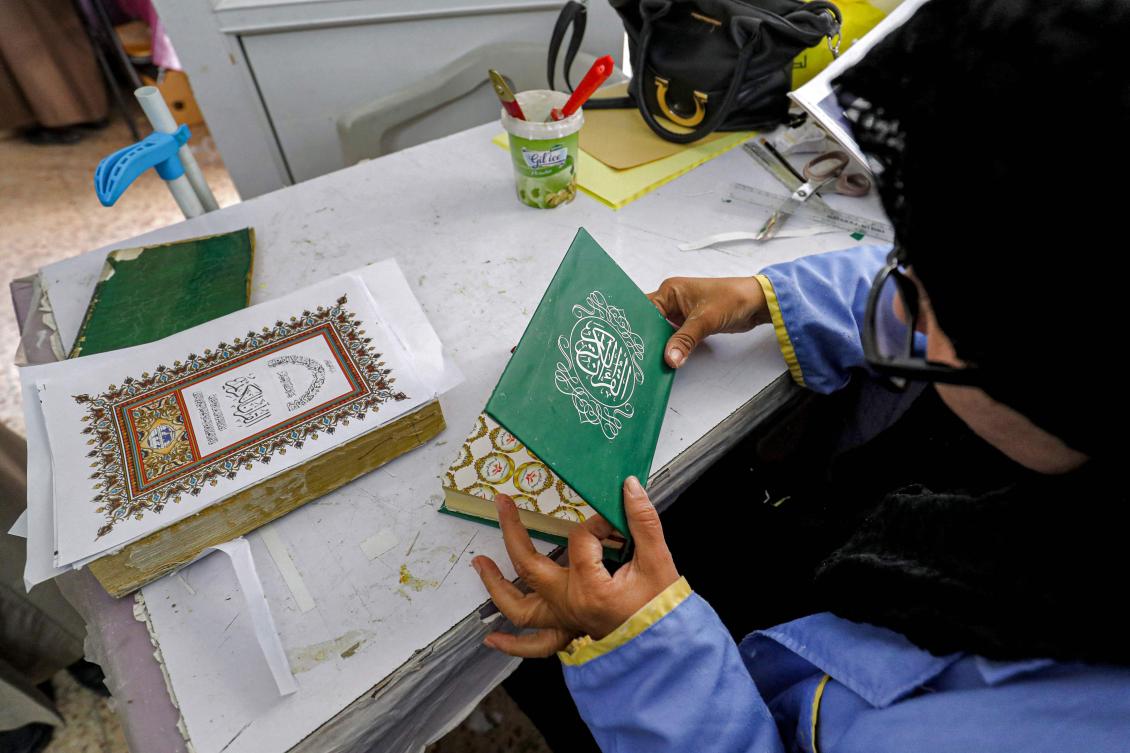
A woman binds with glue a hardcover for a volume of the Holy Qur'an, Islam’s holy book, during a workshop on the restoration of its copies in Tripoli on March 22, 2022. (AFP)
One female restorer, Khadija Mahmoud, has even held training sessions for blind women.
“We would not have been able to think of doing this... were it not for this capable woman,” Drebi added.
For Mahmoud, who trains women at a workshop in Zawiya, 45 kilometers (28 miles) west of Tripoli, restoring Qur'ans in a women’s workshop allows them to work comfortably and at a faster pace.
She added that the restoration work has given many women a meaningful way to fill their “spare time.”
“A large segment of trainees and restorers are retirees,” she said. “For them, there is nothing better than spending their spare time in the service of the Qur'an.”



